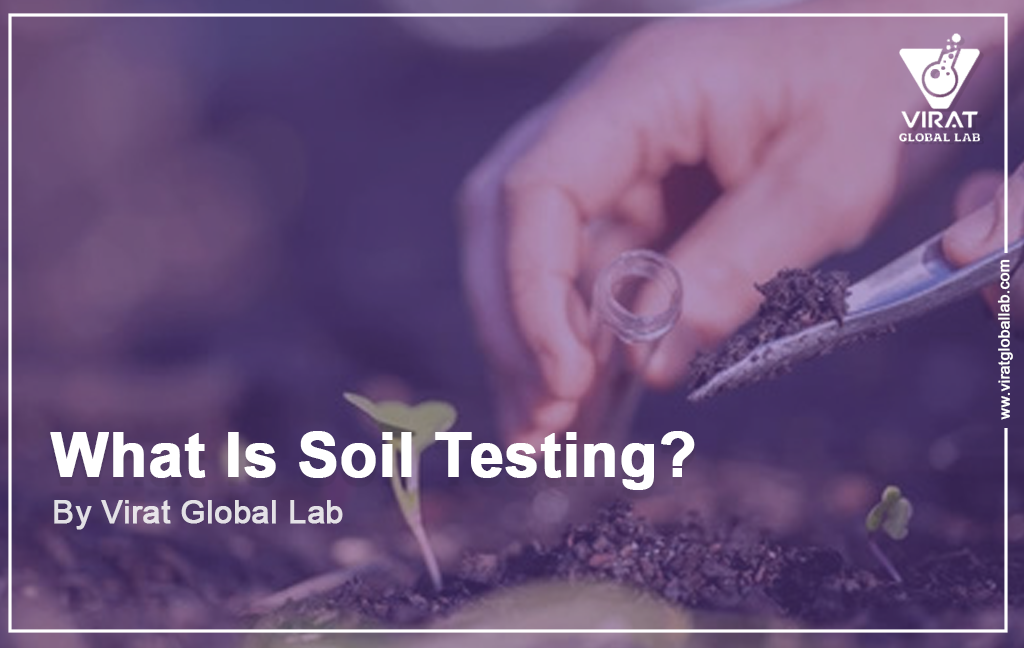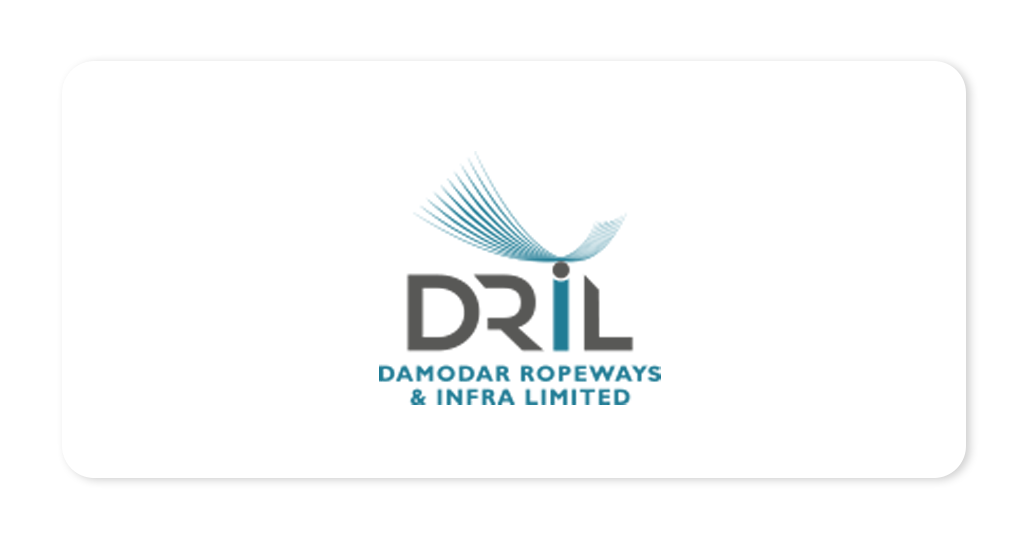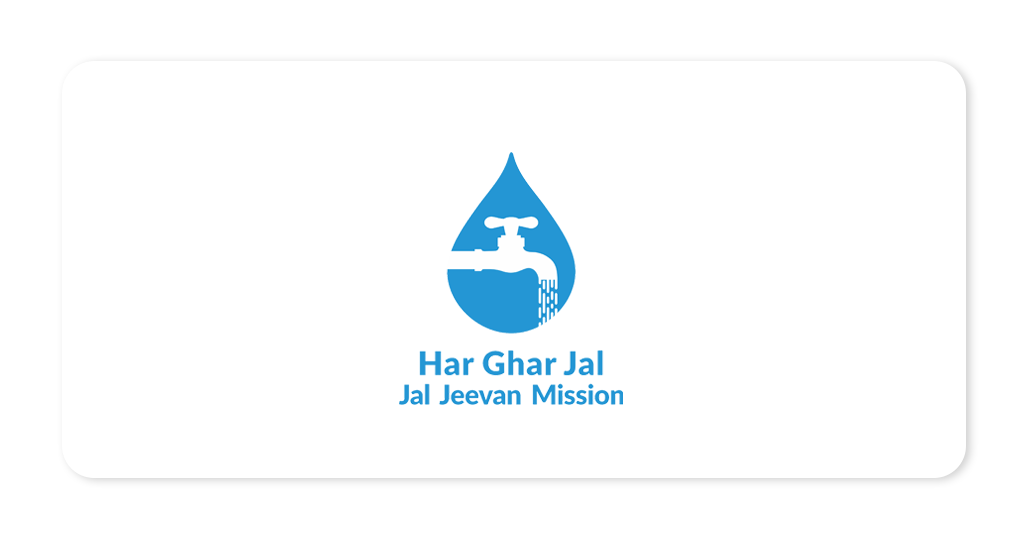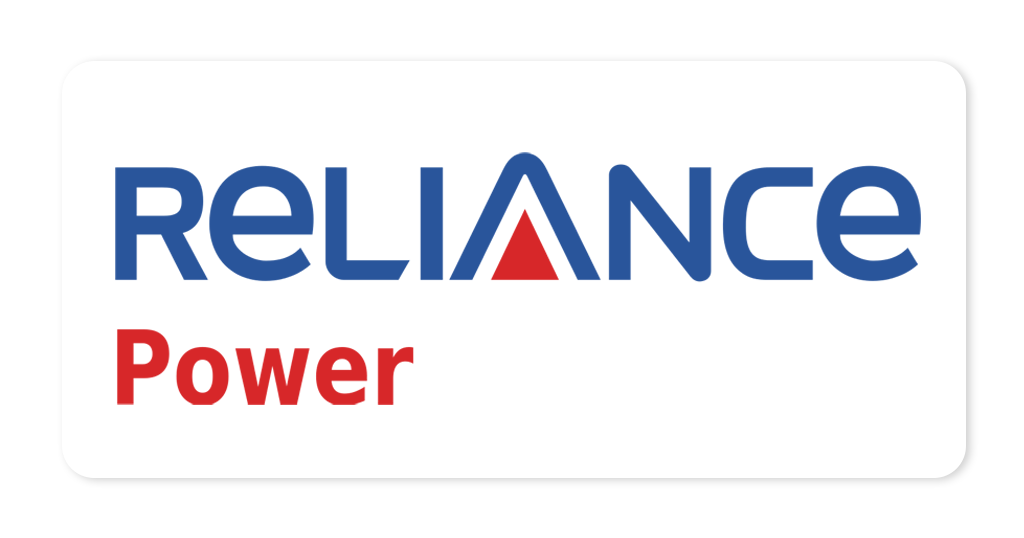
Soil is more than just dirt, it is a complex natural resource made up of minerals, organic matter, air, water, and countless microorganisms. It is the lifeline of agriculture and the foundation of construction. However, not all soils are equal, and their quality can vary widely even within the same field or location. To unlock the full potential of soil and use it responsibly, we need to understand it better. That is where soil testing comes in.
What Is Soil Testing?
Soil testing is the scientific process of evaluating soil properties to determine its fertility, structure, composition, and suitability for different uses. Through laboratory analysis, it provides detailed information about:
In simple terms, soil testing answers the question: “What does my soil have, and what does it need?”
Why Is Soil Testing Important?
Farming without soil testing is like prescribing medicine without a diagnosis. It often leads to overuse or misuse of fertilizers, poor crop yields, and soil degradation. Soil testing helps farmers by:
Engineers rely heavily on soil testing before starting construction. Why? Because the strength and durability of any structure depend on the soil beneath it.
Soil is also an environmental indicator. When soil is polluted, it impacts food, water, and ecosystems. Soil testing helps in:
How Is Soil Testing Done?
The process involves three major steps:
Benefits of Soil Testing
Global & Indian Perspective
Conclusion
Soil testing is not just about numbers in a report, it is about making informed decisions for the future. It helps farmers achieve better yields, engineers build safer structures, and communities protect their environment.
By understanding the hidden strengths and weaknesses of soil, we ensure that every seed planted, every building constructed, and every piece of land managed is done scientifically, sustainably, and responsibly.
Soil testing is, in essence, the first step toward smarter land use and a sustainable future.
Get Your Soil Tested with Virat Global Lab
At Virat Global Lab, we provide accurate and reliable soil testing services backed by NABL accreditation and modern laboratory techniques. Our experts help farmers, builders, and industries understand soil properties, recommend corrective measures, and ensure sustainable land use.
Agriculture Soil Testing – Improve crop yields with the right nutrient management.
Construction Soil Testing – Build safer and more durable foundations.
Environmental Soil Testing – Detect contamination and restore soil health.
We are trusted by leading organizations and clients across India. With our presence in Noida, Lucknow, West Bengal, and pan-India services, we make soil testing accessible and professional.
Take the first step towards healthier crops, stronger structures, and a sustainable future. Contact Virat Global Lab today for your soil testing needs!
At Virat Global Lab (A Division of Aseries Envirotek India Pvt. Ltd.), we invite businesses, Industries and institutions across various sectors to explore the benefits of partnering with us for their environmental testing and analytical needs.































